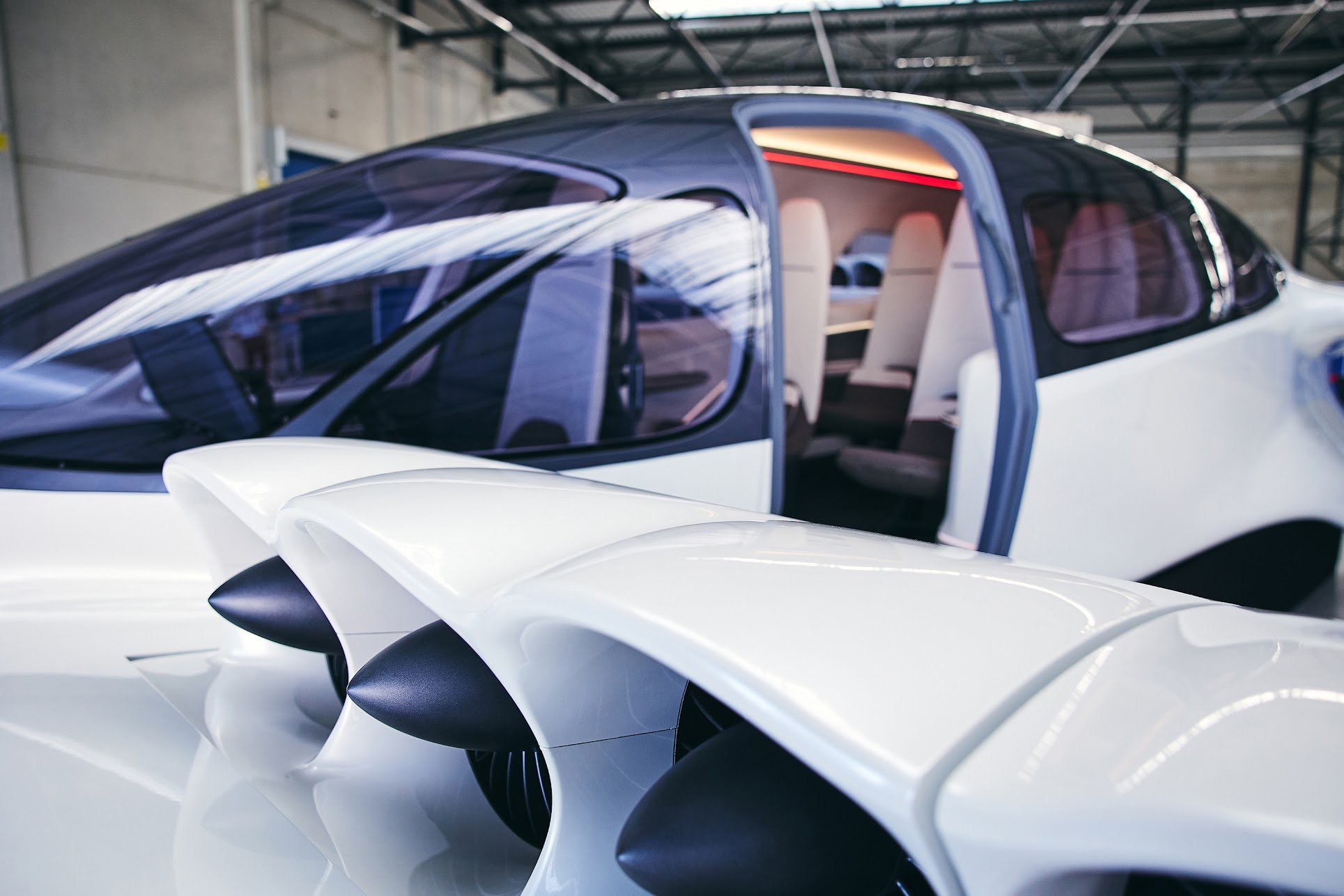Click Here to View This Page on Production Frontend
Click Here to Export Node Content
Click Here to View Printer-Friendly Version (Raw Backend)
Note: front-end display has links to styled print versions.
Content Node ID: 408023
Honeywell Aerospace expects to announce the launch hybrid-electric application for its new 1-MW turbogenerator later this year. In February, the company completed the first round of ground testing for the propulsion system that combines a 1-MW generator with the company’s existing HGT 1700 auxiliary power unit to provide two and a half times more power than a prototype unveiled in 2019.
“The power and density this will deliver could be game-changing,” Honeywell v-p and general manager for power systems Dave Shilliday told AIN. The program is part of a substantial investment the U.S.-based group has made in the fast-growing advanced air mobility sector over the last two to three years.
Lilium’s seven-seat eVTOL aircraft will be powered by an all-electric propulsion system provided by Honeywell and Japanese automotive group Denso. The motors will power the all-electric vehicle's 30 ducted fan engines installed in the Lilium Jet’s wing and canard.
Each 100-kW motor, weighing just over 4 kilograms (8.8 pounds), incorporates a rotor and stator in a centrifugal or "radial" configuration that differs from traditional axial designs. According to Lilium, the approach lowers the component’s weight, manufacturing costs, and susceptibility to foreign object damage.

While Honeywell hasn’t yet given a hint about the type of aircraft the 1-MW turbogenerator will power, it is generally assumed that this technology will first enter service with regional airliners, and most likely as part of a conversion package under a supplemental type certificate. In the longer term, Shilliday sees potential to scale up powertrains for larger new airliners, albeit with incremental progress, that he said “at least dispels the idea that we’re stuck in place until a next-generation clean sheet narrowbody is ready.”
At its headquarters in Phoenix, Honeywell has established an urban air mobility technology laboratory, where it is working on multiple projects based on new avionics and propulsion systems, including concepts such as simplified vehicle operations and hydrogen fuel cells for drones. The company is providing fly-by-wire flight controls for the Lilium Jet, and its cloud-connected Anthem avionics will also equip that aircraft, as well as the VX4 eVTOL model in the works at Vertical Aerospace.
Shilliday said that avionics now under development for new all-electric aircraft will be modular and readily adaptable for other platforms, in much the same way as it offers flight deck systems across business aircraft and airliner models. Honeywell’s engineers also have turned their attention to helping the new airframers achieve their ultimate goal of autonomous flight with no pilot on board. “This is the right objective because what’s happening now in air transport is madness [in terms of delays and lack of capacity] and about 80 percent of these problems could be eliminated with automation,” he concluded.